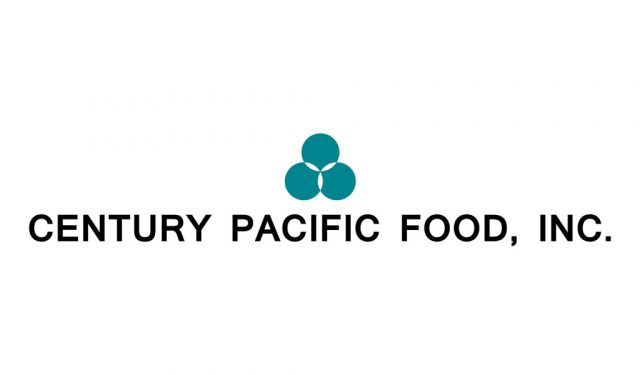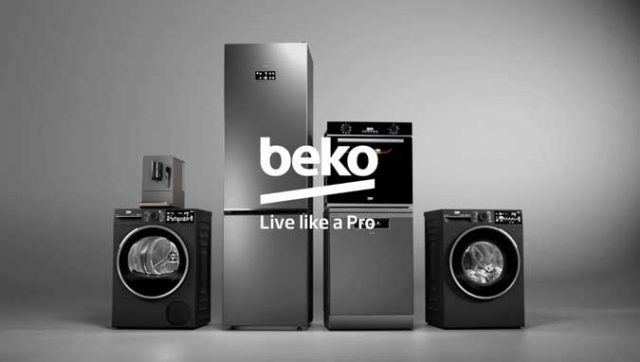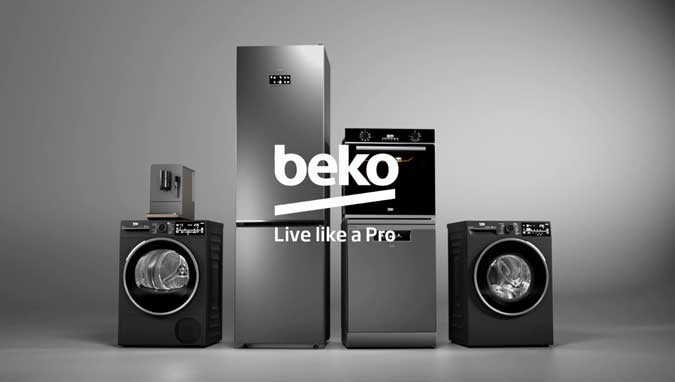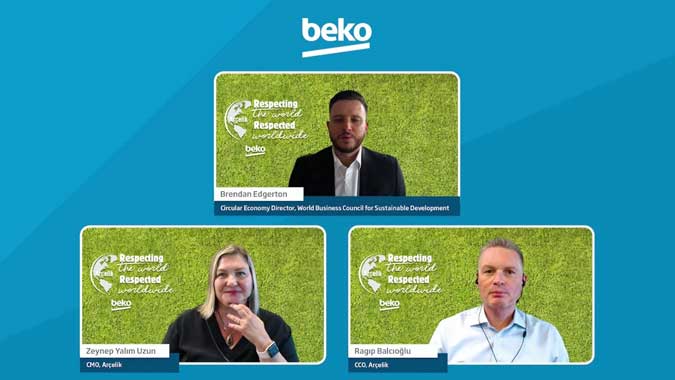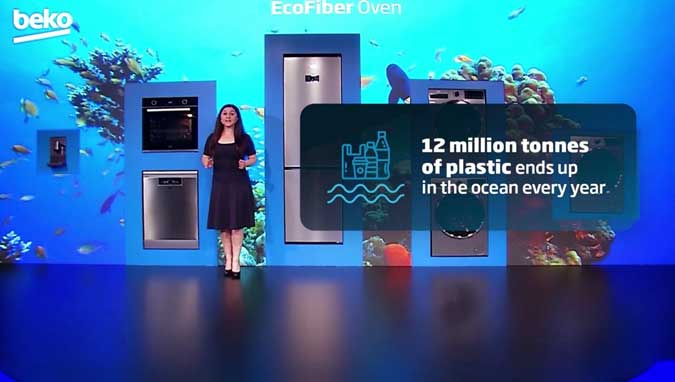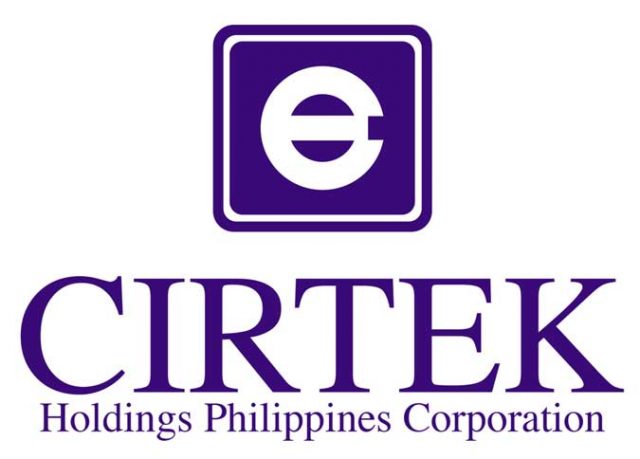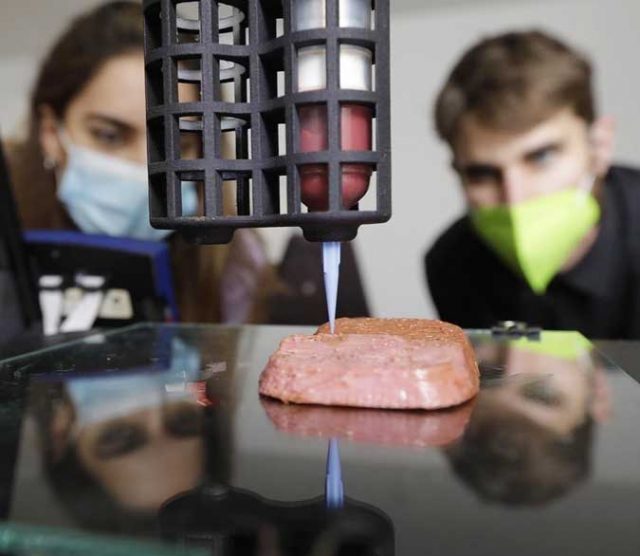WELL — it’s all in the name isn’t it? Food for The Gays makes its beliefs and its origins as obvious the rainbow flag permanently displayed on its door.
Food for the Gays (sometimes called FFTG for short) was a guest at Google’s Pride Conversations: Championing LGBTQ+ MSMEs, a conference made possible by its remote meeting app, Google Meets, and streamed at YouTube. BusinessWorld caught up with FFTG’s co-founder, Nariese Giangan earlier this week (also through Google Meets), on the penultimate day of Pride Month.
Ms. Giangan took the familiar dessert and changed the word “gods” to “gays” for the name of the cafe and online food business. “Feeling ko talaga noong time na yon, funny ako (I really felt I was so funny during that time),” she said.
“Yun rin ginamit ko, para rin nagsusumigaw na may-ari nito, tomboy (That’s what I used, so it can shout that the owner is a lesbian).” (Tomboy being a reclaimed word for Filipinas to express themselves as lesbian).
The branding worked, as some of her most fervent customers are members of the LGBTQ community, as well as their allies — who weren’t put off by the name. “I expected for it not to sell so well [to straight people], but you know that feeling where they’ll say, I’ll support this business so I can show I’m an ally,” she told BusinessWorld in a mix of Filipino and English.
She also noted that from the start, aside from LGBTQ+ investors, straight relatives and friends helped her to set up the Quezon City business, one she started due to the pandemic putting a damper on her plans to fly abroad and use her newly found culinary skills. Prior to being proprietors of a cafe, she and her partner had been in the creative industries. Still, the cafe was always in the books: she says that the restaurant was inspired by The Planet Cafe, a frequent setting on the early 2000s show, The L Word. “Gusto ko ng ganyan, kasi parang wala pang ganon dito (I wanted something like that, because it didn’t seem likes there was one like that here),” she said.
She has a point: most of the meeting places and safe spaces for LGBTQ+ individuals are bars. She said that when she opened her cafe in February this year, some of her customers sent feedback that they liked that the cafe was mostly a safe — and sober — space. “Marami talaga, kahit na mga beks, na hindi naman talaga mahilig pumarty. Mga twice a year, charot! (A lot of people, even the gays, don’t actually like to party. Maybe twice a year. Kidding!).”
Ms. Giangan discussed the importance of safe spaces, and how changing times and needs made her rethink what it meant for a space to be safe. “Before, ang understanding ko lang ng safe space ay ‘Okay, pwede tayo dito’ (Before, muy understanding of safe spaces was ‘Okay, we can stay here’),” she said. “Hindi lang pala ganon yon. Kailangan mo rin silang protektahan sa mga gulo ng mundo (It turns out that it isn’t only that. You need to protect them from the world’s troubles).”
“Kahit naman sabihin natin na mas accepting or mas bukas na ang maraming tao, nandoon pa rin kasi yung problema (Even if you say that people now are more accepting or more open, the problems are still there),” she said. Some of the problems she cited include the lack of marriage equality for LGBTQ+ individuals, as well as the continuing violence against them.
Still, she does say that her business neighbors are curious, accepting, and even friendly. She credits the present friendly climate to increased queer representation in media.
“Malaking bagay na maraming materyal na available sa social media (It’s a huge thing that there’s a lot of material available on social media),” she says, citing the mainstreaming of boys’ and girls’ love series, as well as the show RuPaul’s Drag Race. “Naeexpose sila doon, and nagkakaroon ka ng chance to correct kung ano man yung magiging comment nila about it (They get exposed to that, and you get a chance to correct whatever comments they may have about it).”
The food is relatively normal, with Vietnamese Banh Mi, a selection of pastas, salads, pizzas, and several pastries. One thing that stands out is a rainbow grilled-cheese sandwich, which shows the colors of the Pride flag when pulled apart.
Asked if the cafe would have survived on its own merits and not its LGBTQ+-friendly branding, she said, “Hindi ko siya mahihiwalay sa akin eh. Ito yung mundong ginagalawan ko. (I can’t separate that from myself. This is the world I move in).”
In a world where 69 countries have laws that criminalize homosexuality, it’s not always an advantage to be out and about. Still, Ms. Giangan believes that there is an edge to being LGBTQ+ and in business — and it all has to do with the struggle.
“Lahat tayo, ang tindi ng naging struggles natin para marating kung nasaan tayo ngayon. Iba talaga ang pagiging palaban natin (All of us have met with tremendous struggle to get where we are today. Our being combatant is something else),” she notes. “Gusto nating patunayan ang sarili natin, hindi lang sa LGBT community, kundi sa lahat. Kaya ibang level din yung drive natin to succeed (We want to prove ourselves, not just to the LGBT community, but to everyone. That’s why our drive to succeed is on another level).” — Joseph L. Garcia
FFTG is located at #58, 13th Ave., Cubao, Quezon City. It is open Tuesday to Sunday, noon to 9 p.m., on a reservation basis. Reach out through Instagram @fftgcafe and Facebook @FoodForTheGays.

